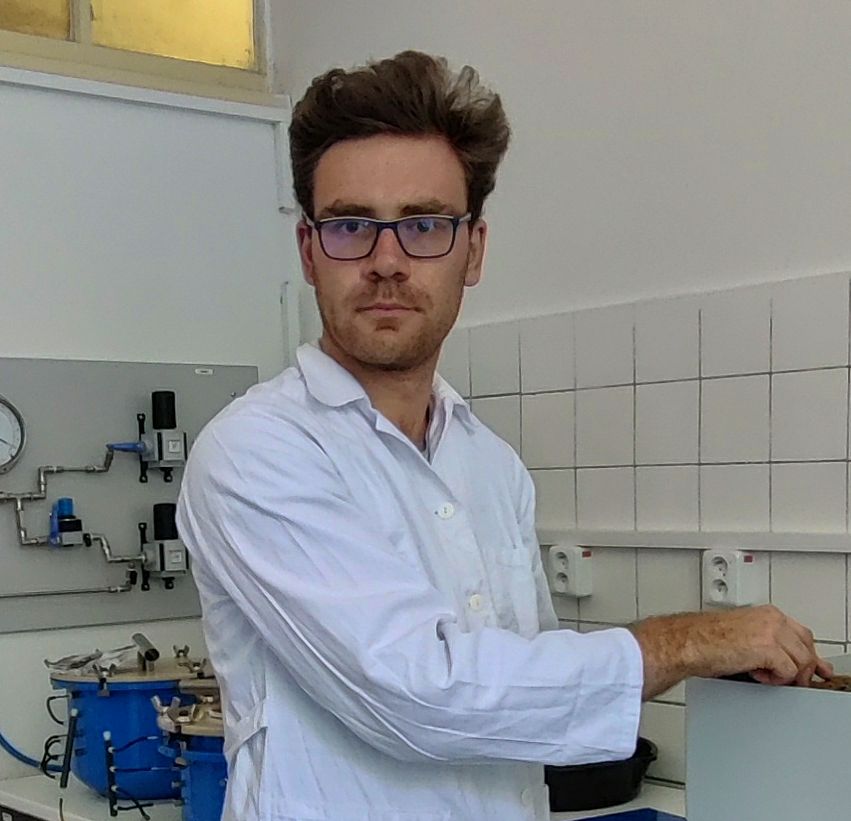 Tomáš Vichta, PhD student
Tomáš Vichta, PhD student
Mendelova univerzita v Brně (Mendel University in Brno, MENDELU)
How did you arrive at your current position?
From an early age, I was interested in the natural sciences, especially zoology, geology, physics and chemistry. For example, when teachers in the third grade asked us what we would like to do as a profession, I replied that I would like to be a paelontologist when I grow up, a beautiful children's ideal. I also did some of my experiments in my parents' garden, for example, I was grafting melons, etc. I was always an inquisitive child and I still am.
After primary school, I graduated in Horticulture from a Secondary School in Rajhrad, Czech Republic. However, I lacked the connection with nature and landscape and its basic self-regulatory principles. That is why I collaborated at the Faculty of Forestry and Wood Technology where I graduated in Landscaping (2017) and then Landscape Engineering (2019); now I am still studying PhD – study Landscape Management and Engineering. Throughout my studies so far, I have focused on soil science. The specialization in soil physics and soil water relationships is exactly what I found myself in.
Which scientific question are you the most eager to answer?
I honestly do not know, now I focus on partial issues of projects in which I participate. Now I do not have a big question for me to answer.
What is the future of your research?
Unambiguously linking forest soil water balance models with the observed measurement using equipment (e.g., soil moisture sensor). This must also include international cooperation on this issue, at least across Europe.
Open Science and especially Open Data are highly debated on various levels. What is your opinion?
Open Data and Open Science systems, this is the future without which we will not move in further knowledge. Without openness in science, we will not move as a scientific community.
How do you maintain your work-life balance?
Usually sometimes quite difficult, on Saturday and Sunday, I try to completely isolate myself from soil science. For example, I usually take shorter hikes in the Czech Republic, or I also visit theatres, art galleries, etc.
How difficult it is to have a carrier in science? How do you keep your motivation?
Very, I think it is a very competitive environment at the level of top business. I am still motivated by the idea of discovering something new and new in my field of science. Even though it is not according to my ideas or my previous scientific hypotheses.
How did you personally benefit from being a part of the ASFORCLIC consortium so far?
It helped me a lot, for example, I learned a lot of soft skills that can be applied in science. I must also mention a two-week internship under the leadership of Tobias Mette from the Bavarian State Institute of Forestry, Freising, Germany. The internship was a big step forward for my field when I was able to get acquainted with the hydrological model LWF-BROOK90.
![]() This project has received funding from the European Union's Horizon 2020 research and innovation programme under grant agreement N°952314.
This project has received funding from the European Union's Horizon 2020 research and innovation programme under grant agreement N°952314.
